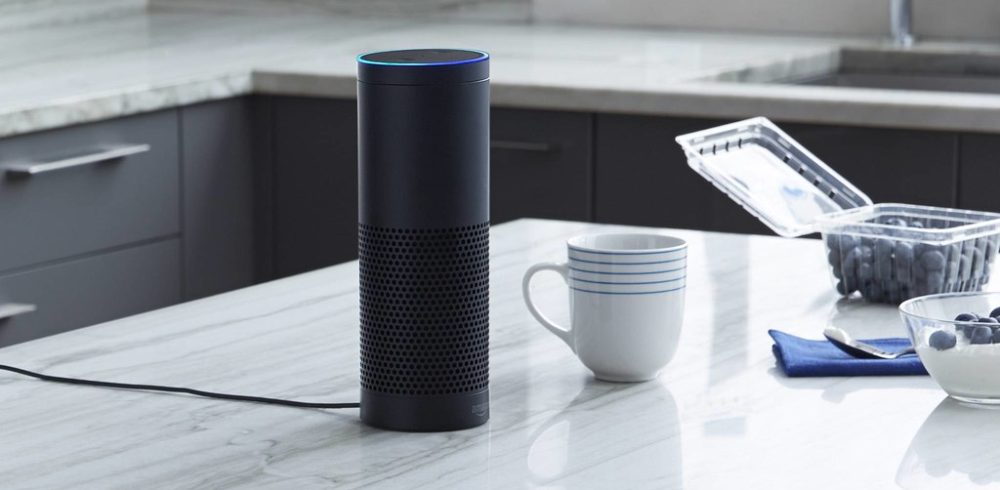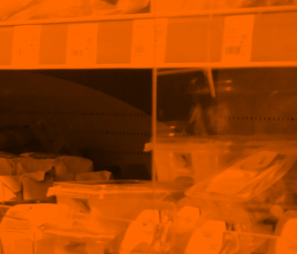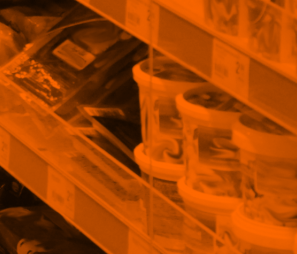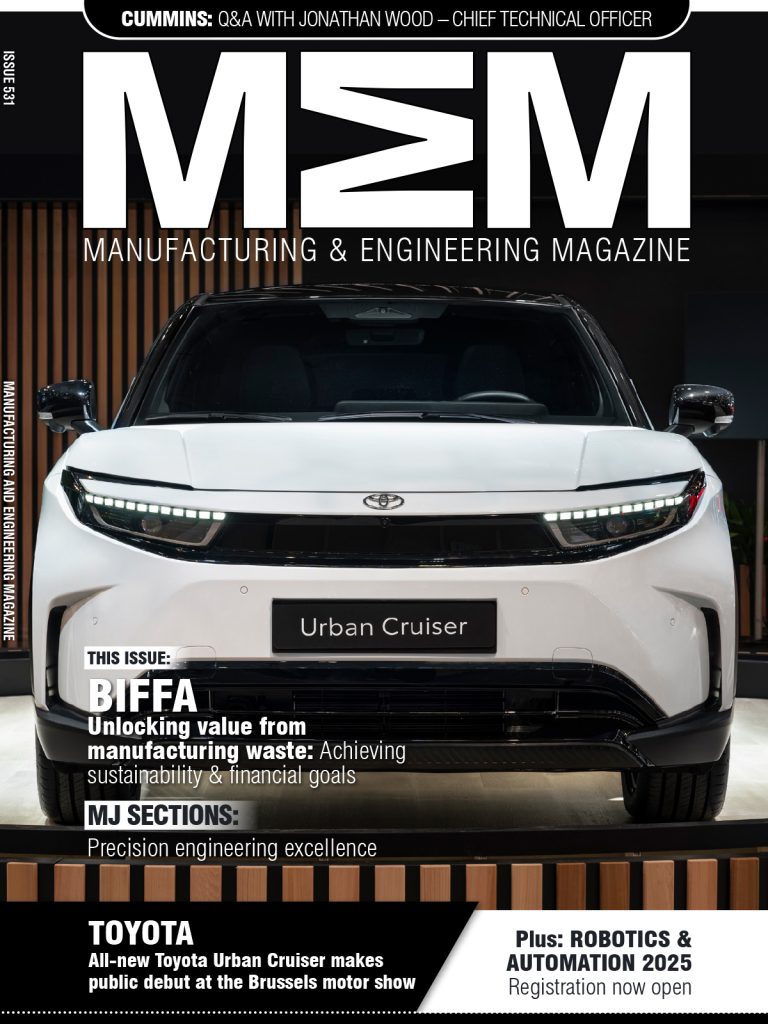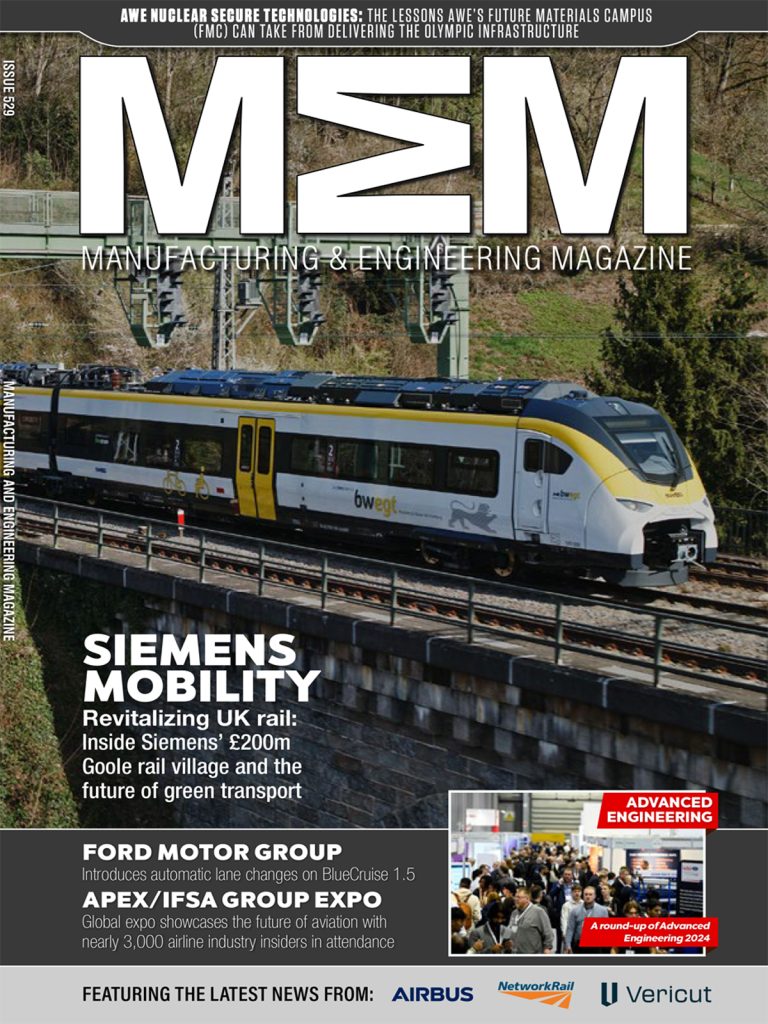How Voice Search is Being Used in Consumer Industries : It’s fair to suggest that the majority of those reading this post will own an Amazon Echo, or a similar device in which Alexa has been integrated. The reason for this is simple; with Amazon having announced to The Verge that it had sold more than 100 million such devices and services globally by the beginning of 2019.
However, although most of you may own an Alexa device, the majority of households are arguably failing to get the most out of this advanced and deceptively purposeful technology.
A growing number of citizens are now shopping with Alexa, for example, with voice-activated search becoming increasingly popular amongst consumers. But why is voice search on the rise, and how is it changing the consumer industries?
Why Does Voice Search Represent Such a Rising Trend?
There’s no doubt that voice search is on the rise in the UK, with estimates suggesting that more than 50% of all online searches will be conducted via speech by the end of 2020.
According to an article published by Parcel 2GO, the acceleration of voice search is proof that this represents a quicker and more convenient way of seeking out information and completing everyday tasks.
For example, it’s estimated that the average person is able to type between 40 and 50 words per minute. Conversely, we’re capable of uttering around 150 words per minute on average, with speech clearly allowing for greater speed and efficiency on a daily basis.
According to Google’s CEO Sundar Pichai, around one-fifth of searches conducted through the search engine giant are now completed using speech.
This number is set to rise in the near-term too, along with the 41% of adults who currently use voice search every single day.
How is Voice Search Impacting on the Consumer Sectors?
With these facts in mind, it’s little wonder that the rise of voice search is beginning to have a seismic impact on the consumer industries.
When you consider that customers can complete voice searches safely while driving, for example, we see that brands are witnessing a rise in the number of impulse buys processed online.
Clothing brand Kohl’s certainly fits this description, having already integrated voice search functions into its app and enabled users to find impulse products quicker and with the minimum of fuss.
By simply tapping the designated glass button and uttering the name of the product they’re searching for, consumers will be presented with a shortlist of exact matches that can be purchased within a matter of seconds.
This is a significant development for retailers, with figures suggesting that 78.2% of Brits succumbed to impulsive online shopping at some point in 2019. The average price of an impulse buy in the UK was estimated at £32.69, creating a huge total spend of £1.06 billion.
The only potential downside for online retailers is that the accessibility and functionality of voice search may impact on brand loyalty, as customers will simply conduct a broad search for a specific product rather than heading to their favourite ecommerce sites in most instances.
[image credit: methodshop.com]
Manufacturing & Engineering Magazine | The Home of Manufacturing Industry News




